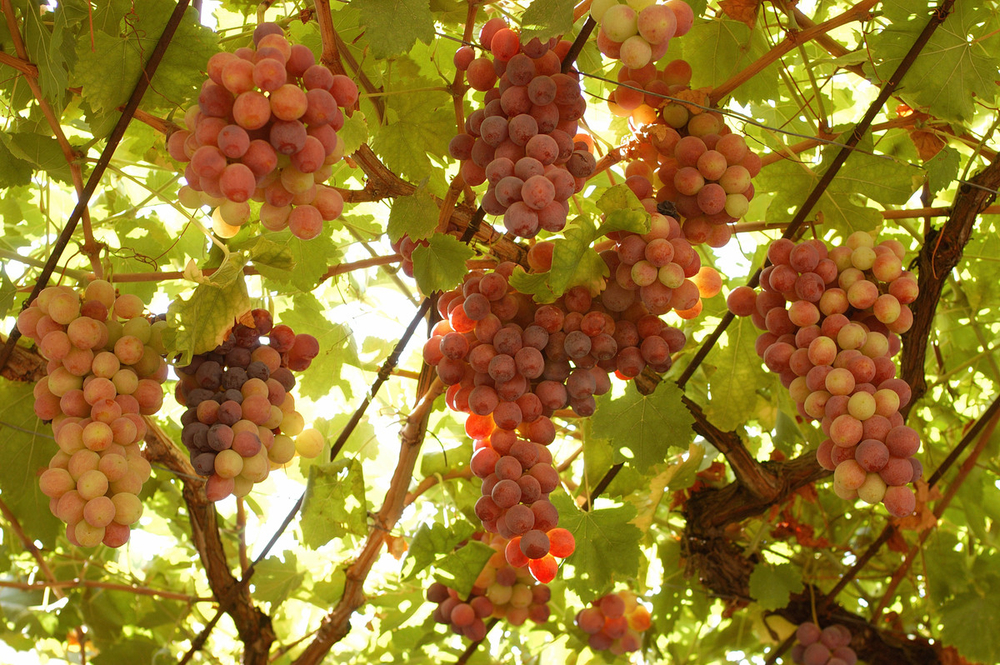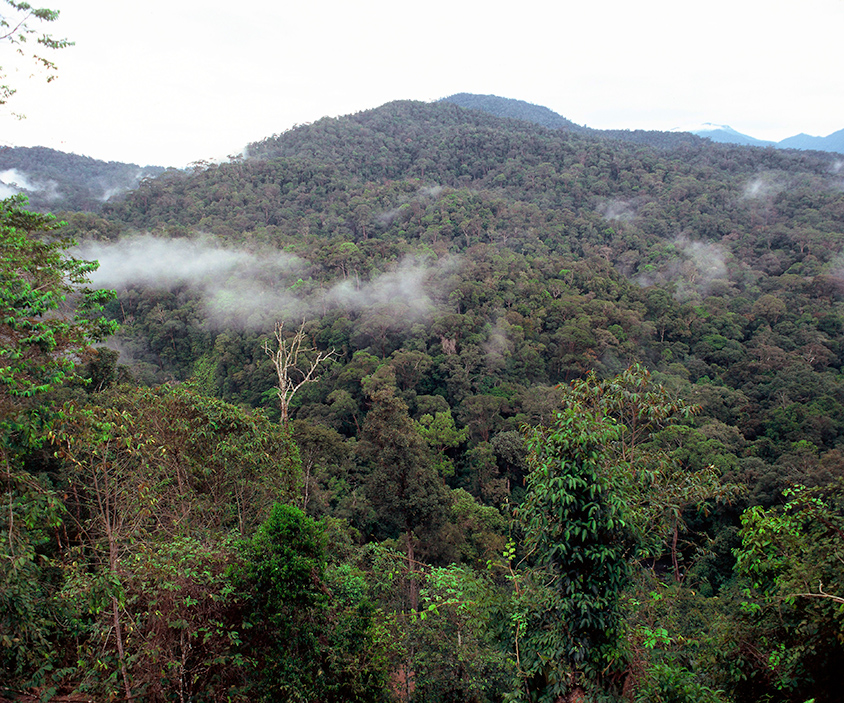Partnership with Denner 2020
Denner is aware of its environmental responsibility and has incorporated the careful handling of natural resources into its corporate principles. In the context of the partnership, Denner has set ambitious goals for making a significant contribution to sustainable development in terms of environmental issues and consumption.
Denner has also been a member of the Swiss Soy Network since 2017 and is committed to ensuring that soy production does not take place at the cost of tropical forests or other regions of environmental value.
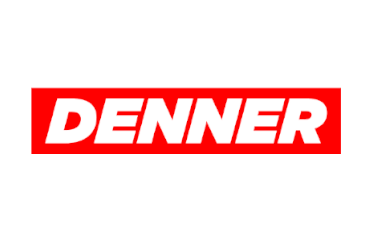

Climate and Energy
Denner is the first retailer in Switzerland to sign the Science Based Targets Initiative (SBTi). With its commitment to the SBTi, Denner set ambitious targets for 2020 to achieve the CO2 reduction path by 2035. In addition, Denner exceeded the plant emissions reduction target set with WWF.
Air-freighted fruit and vegetables
Denner has set itself the goal of having no fruit and vegetables air-freighted by 2020. Measurement is based on the number of items delivered by air. The scope is the Denner fruit and vegetable assortment.
In 2020, no products were air-freighted.
Comment: With their commitment to the Science-Based Targets Initiative, Denner will evaluate all other air-freighted items in the overall context of Scope 3-emission goal.
Reduction of Scope 1-2 emissions in accordance with the SBTi
Denner has set itself the goal of reducing its Scope 1-2 emissions to 18,642 tCO2 by 2022.
In 2020, emissions were reduced from 21,586 (2018) to 20,443 tCO2.
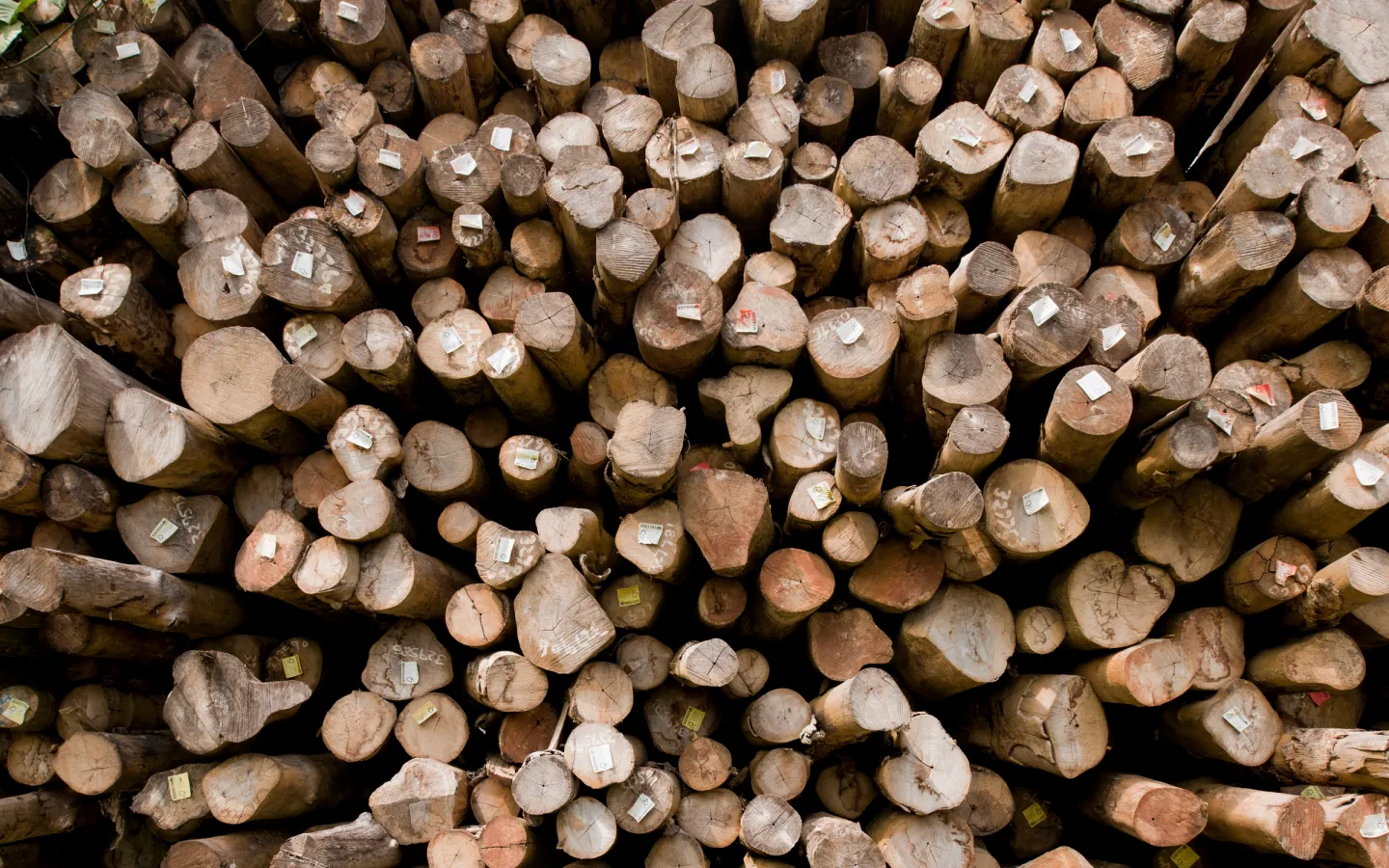
Wood and Paper
Share of credibly certified wood and paper products (own-brands)
Denner has set the goal of having 100% of the wood and paper products under its own-brand produced from recycled or FSC materials. This is measured as the share of turnover of the own-brand range. Credible certifications are FSC and Recycling. The scope comprises all Denner own-brand products including wipes, nappies, sanitary paper, office supplies, and printed matter, including promotional products.
In 2020, 100% of the paper and wood products under Denner's own-brand were certified with credible standards.
Share of credibly certified paper products (third-party brands)
Denner has set the goal of 40% of credibly certified paper products from third-party brands by 2022. Credible certifications are FSC and Recycling. Measured is the share of procured products as a percentage of third-party brands. The scope comprises all third-party brand products including wipes, nappies, sanitary paper, office supplies, and printed matter. No other certificates (e.g. PEFC on the products).
In 2020, 52% of the paper products from third-party brands were already certified with credible standards.
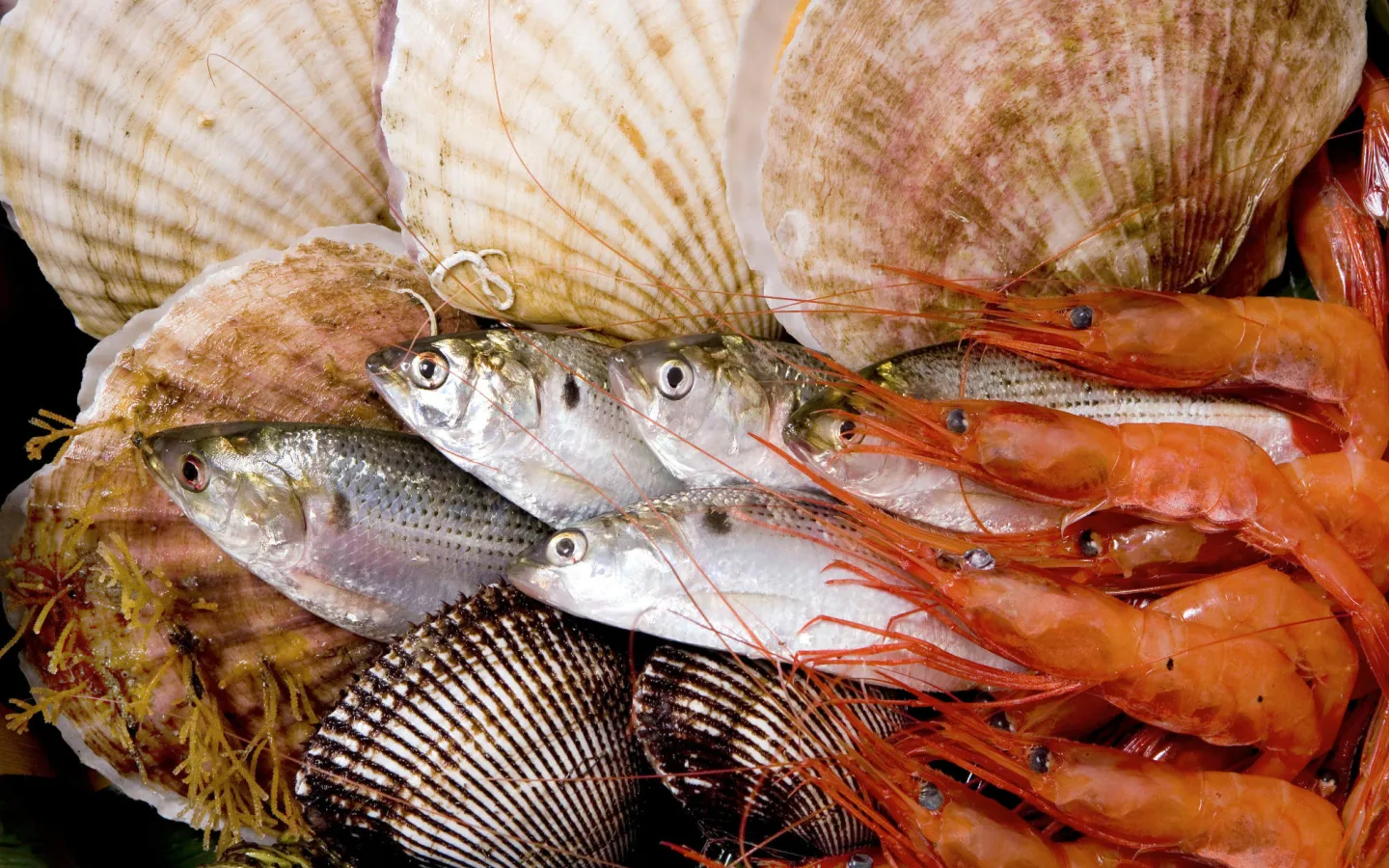
Fish and Seafood
As a WWF partner, Denner has committed to not offer any endangered species, gradually phase out non-sustainable sources, and to continuously expand the proportion of recommendable labels. Denner has set the goal of sourcing 100% of the total seafood range from recommended or acceptable sources according to WWF, and steadily increasing the proportion of fish and seafood with organic, ASC and MSC certificates.
The proportion of recommendable or acceptable sources of the total seafood assortment according to WWF
Denner has set the goal of sourcing 100% of the total seafood assortment from responsible sources (very recommendable, recommendable, or acceptable according to WWF) as of 2018. This is measured as the percentage of turnover of the total seafood assortment. The scope comprises all articles with a mass component of seafood >1% (own-brand and third-party brands, including promotional products).
In 2020, 100% of the overall seafood assortment came from very recommendable, recommendable, or acceptable sources according to WWF.
Increase of the share of turnover of fish/seafood with organic, ASC, MSC certificate
Denner has set the goal of increasing the share of turnover achieved with fish/seafood with an organic, ASC, or MSC certificate to 77% by 2022. It is measured as a percentage of the total seafood assortment turnover. The scope comprises all articles with a mass component of seafood >1% (private label and third-party brands, including promotional products).
In 2020, the proportion of organic, ASC, or MSC-certified fish/seafood was 73.5%.
Comment: In the past year, Denner continued to consistently push ahead with the changeover to recommendable labels, managing to already exceed the set target.
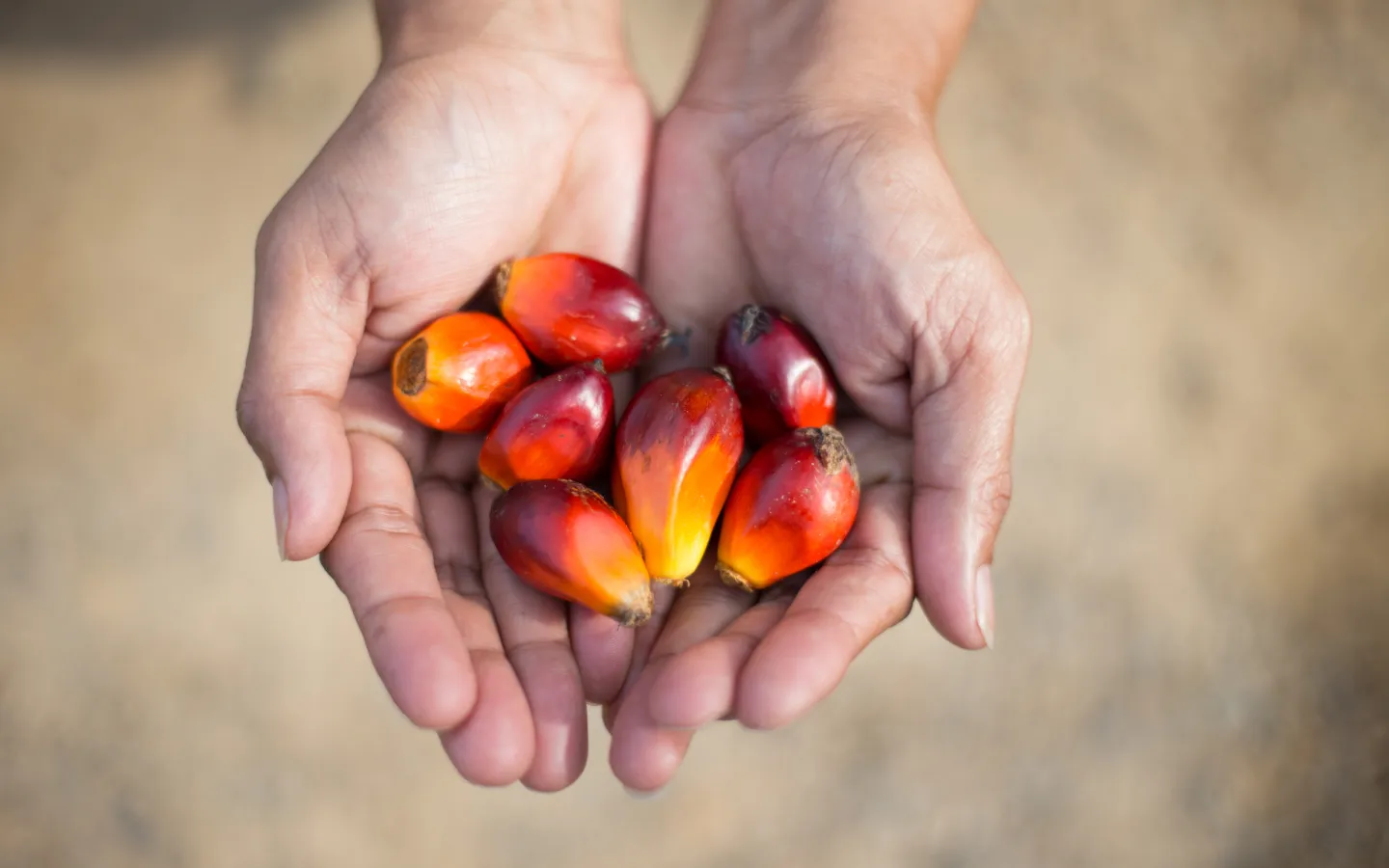
Palm Oil
Denner has decided to only use RSPO (Roundtable on Sustainable Palm Oil) certified palm oil in own-brand products. For third-party products, Denner has undertaken to write to its suppliers/manufacturers with a request to switch to 100% physical RSPO palm oil.
Proportion of certified palm oil in near-food and non-food own-brand
Balance RSPO Palm Oil in its own-brand production of near-food and non-food products through to 2022. The accepted standards are RSPO IP, RSPO Segregated, RSPO Mass Balance, and Bio Suisse. Measured is the mass component of certified palm oil as a percentage of the total palm oil used in the production of own-brand near-food and non-food products. The scope comprises Denner private-label brands with a mass component >2%.
In 2020, Denner continued to meet the goal of using 100% certified palm oil in near-food and non-food own-brand products.
Comment: As a result of delays in the implementation of an automated data management system, Denner has thus far reported this goal relative to the number of products. The goals were originally agreed on the basis of mass data. Only a very small number of products in the non-food segment fall within the scope, which is why Denner managed to convert all relevant products at an early stage.
Physically sustainable palm oil in own-brand food
Denner has set the goal to increase the share of physically sustainable palm oil (RSPO IP, RSPO Segregated, or Bio Suisse certified) relative to the overall consumption for own-brand production in the food segment to 100%. Measured is the mass share of physically sustainable palm oil relative to the overall consumption for own-brand production in the food segment.
The scope comprises Denner own-brand products with >2% mass share.
In 2020, Denner had already converted 100% of products.
Comment: As a result of delays in the implementation of an automated data management system, Denner has thus far reported this goal relative to the number of products. The goals were originally agreed on the basis of mass data. For this reason, it cannot be automatically assumed that the goals have been exceeded. The fulfilment compared to the target state cannot currently be shown. It will probably take several more years to develop an automatic data collection system, allowing for the analysis of quantity-based goals.
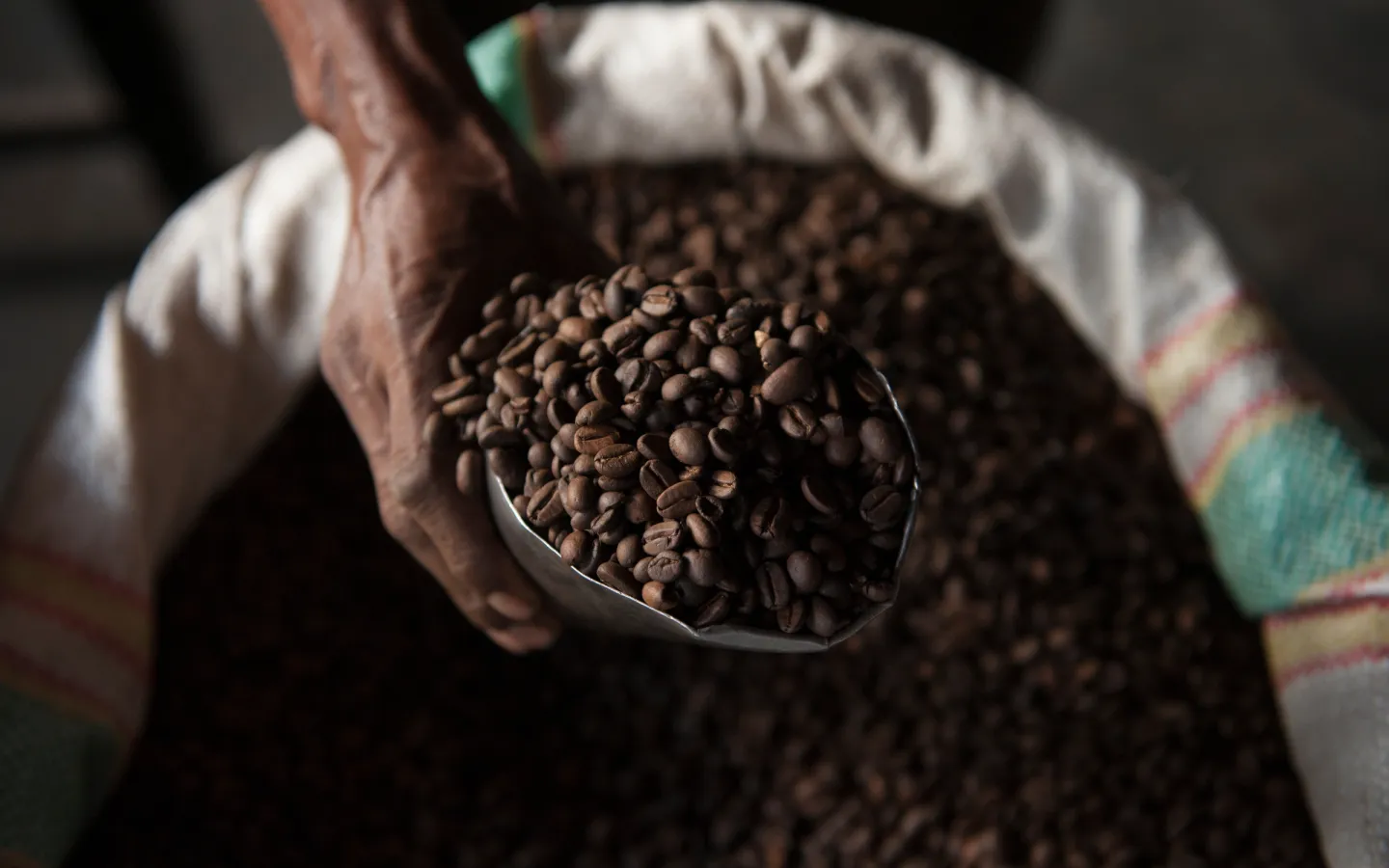
Other Raw Materials
Denner has set the goal that its own brands of cocoa, coffee, and tea should also only be sourced from sustainably certified sources.
Proportion of cocoa products with a sustainability standard in own-brands
Denner has set the goal of sourcing 100% of the cocoa in Denner’s own-brand products from sustainable, certified sources by the end of 2022. The number of relevant cocoa products with a sustainability label is measured against the total number of relevant cocoa products. This proportion is specified as a percentage. A volume proportion of more than 2% of the product is considered to be a "relevant cocoa proportion". The accepted standards are Fairtrade, Bio (Suisse, Switzerland or EU), UTZ, and Rainforest Alliance.
In 2020, the share of cocoa from sustainable, certified sources in the own-brand range was already 100%.
Share of coffee with a sustainability standard in own-brands
Denner has set the goal of sourcing all the coffee in Denner’s own-brand products from sustainable, certified sources by 2022. The number of relevant coffee products with a sustainability label is measured against the total number of relevant coffee products, expressed as a percentage. A volume share of more than 2% of the product is considered to be a "relevant coffee share". The accepted standards are Fairtrade, Bio (Suisse, Switzerland, or EU), UTZ, and Rainforest Alliance.
In 2020, the share of coffee from sustainable, certified sources in the private-label range was already 100%.
Share of tea with a sustainability standard in own-brands
Denner has set the goal of sourcing all the tea (black, green, and rooibos tea) in Denner’s own-brand products from sustainable, certified sources by 2022. The number of relevant tea products with a sustainability label is measured against the total number of relevant tea products of the tea varieties listed above, expressed as a percentage. A volume share of more than 2% of the product is considered to be a "relevant tea share". The accepted standards are Fairtrade, Bio (Suisse, Switzerland, or EU), UTZ, and Rainforest Alliance.
In 2020, the proportion of tea from sustainable, certified sources in the own-brand range was already 100%.
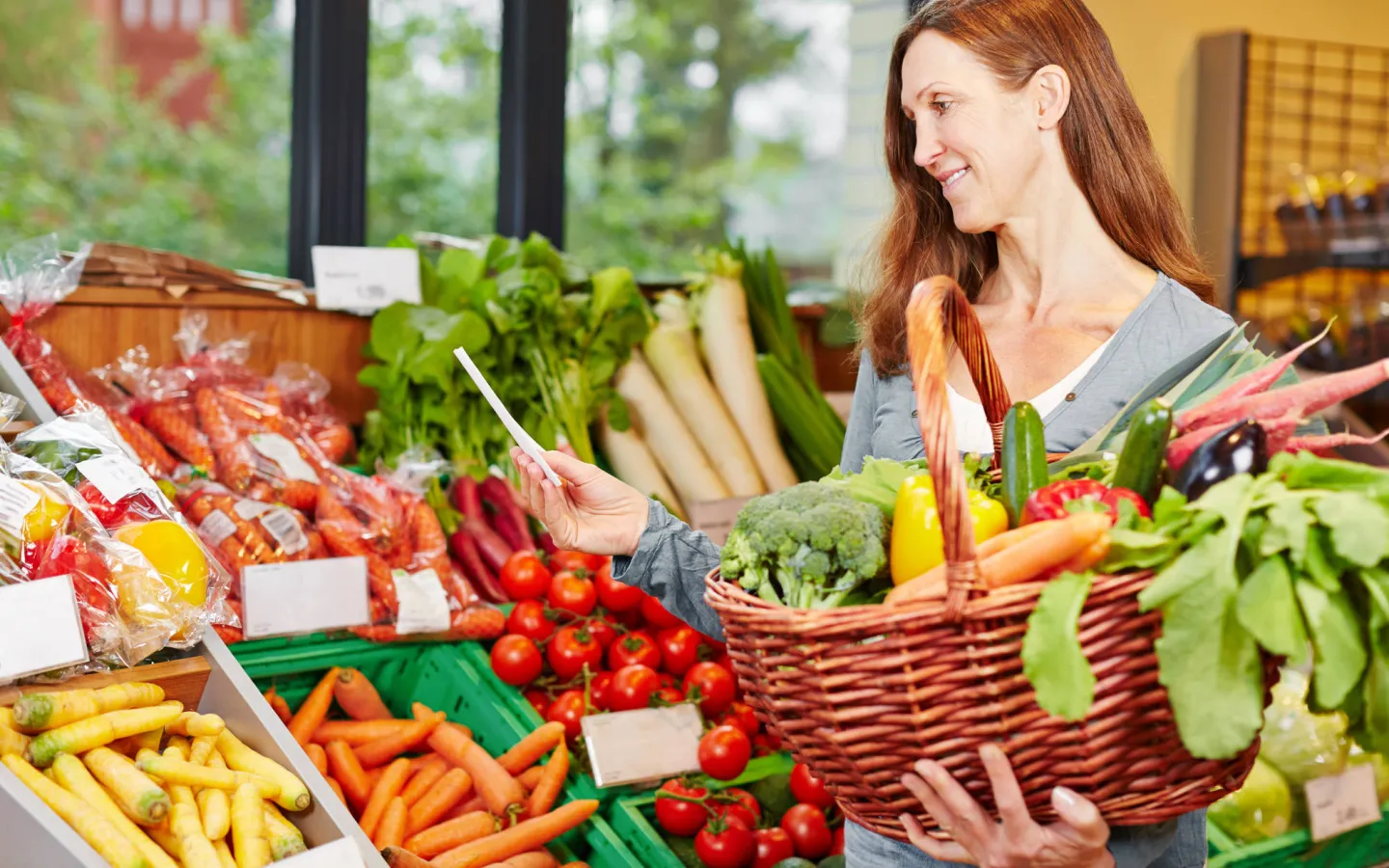
Sustainable Consumption
Denner will continue to expand its offer of substitute products to accommodate customers who make a conscious choice to forego meat and milk products. In addition, Denner seeks to continuously increase the proportion of label products in their fresh range.
Increasing the number of milk & meat substitute products
Denner has set the goal of increasing the number of milk and meat substitute products to 120 by 2022. This is measured by the number of products. The scope comprises is the entire Denner product range.
In 2020, Denner already had 151 milk and meat replacement products in its range.
Increasing the number of label products in the fresh range
Denner set the goal of increasing the share of items with acceptable standards in their own-brand and third-party brands in their fresh range (i.e. dairy products, meat and sausage products, bread, fruit, and vegetables) to 14% by 2022. This is measured as the number of relevant items relative to the total number of items in the fresh range. The accepted standards are Fairtrade, Bio (Biosuisse, CH or EU), Rainforest Alliance, IP-Suisse, UTZ, MSC, and ASC.
In 2020, the proportion of acceptable standards in the fresh range was 11.8%.
